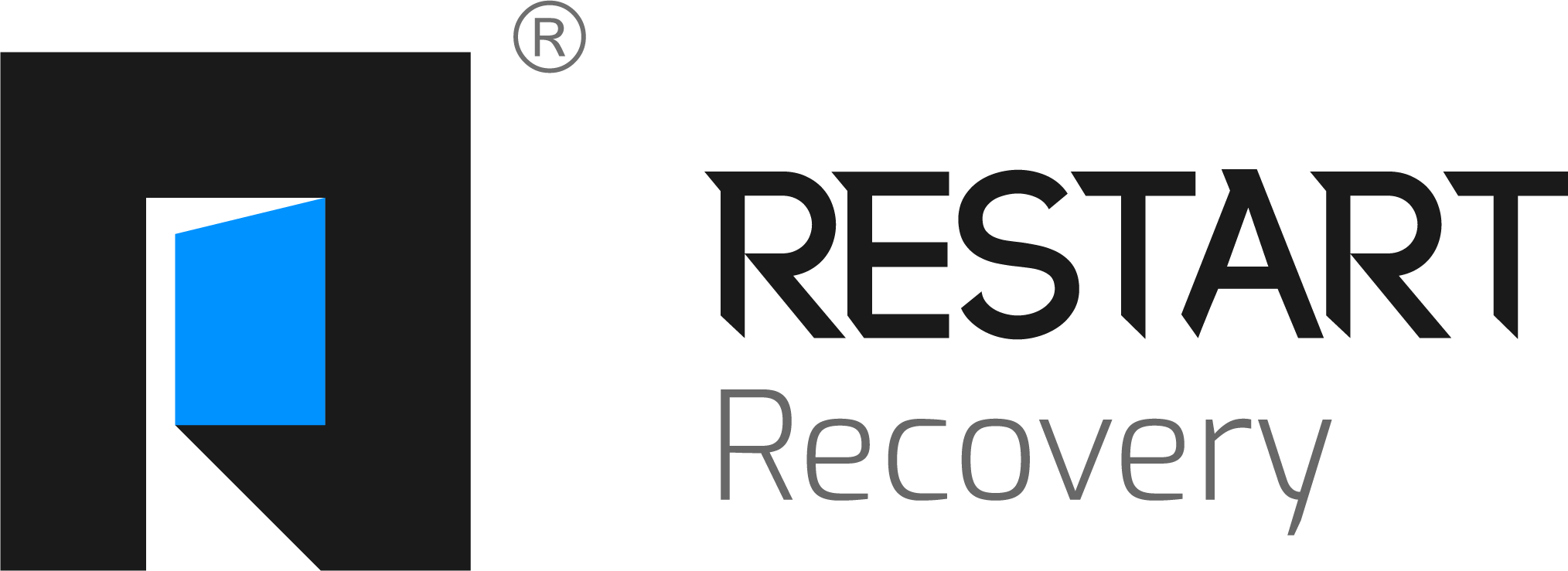Why Is Addiction Among Healthcare Workers So Common?
- Yasmin Maghsoudloo
- Jan 30, 2025
- 3 min read

Addiction among healthcare workers is more common than many might expect due to a combination of factors related to the unique pressures of the medical profession. Here are several key reasons:
1. High Stress and Burnout
Healthcare workers, particularly doctors, nurses, and emergency responders, face immense stress. They often work long hours, deal with life-and-death situations, and may experience emotional exhaustion from patient care. Burnout is a major issue in healthcare, and some turn to substances (such as drugs or alcohol) as a way to cope with these stresses.
2. Easy Access to Medications
Healthcare professionals often have easier access to prescription medications, including opioids, sedatives, and other controlled substances. This proximity can make it more tempting or convenient for workers to misuse drugs intended for patients, leading to addiction.
3. Mental Health Struggles
The emotional toll of witnessing suffering, illness, and death can take a significant toll on mental health. Anxiety, depression, post-traumatic stress disorder (PTSD), and other conditions are common in healthcare workers. In the absence of adequate mental health support, some may self-medicate with alcohol or drugs to manage these symptoms.
4. Workplace Culture
There is often a culture of "toughing it out" in healthcare, where taking time off or seeking help for mental health or addiction issues is stigmatized. This can lead to unhealthy coping mechanisms, such as substance abuse, being hidden or untreated until the problem escalates.
5. Perfectionism and Pressure
Healthcare workers are often high-achieving individuals with perfectionistic tendencies. They face immense pressure to perform flawlessly, which can lead to unhealthy coping mechanisms when perfection is unattainable. Substance use may start as a way to enhance performance or alleviate the pressure but can evolve into addiction.
6. Fatigue and Lack of Sleep
Long shifts, night work, and irregular hours can lead to chronic fatigue and sleep deprivation. Stimulants or sedatives might be used to regulate energy levels or sleep patterns, increasing the risk of dependency.
7. Exposure to Trauma
Healthcare professionals, especially those in emergency and intensive care, are often exposed to traumatic experiences, which can contribute to substance use as a way to numb or escape from the emotional weight of their work.
8. Lack of Adequate Support
In many healthcare settings, there is a lack of sufficient mental health support or programs that address the specific needs of healthcare workers. Without access to counseling, peer support, or substance abuse programs tailored to them, many workers may try to self-manage their mental health and stress through substance use.
9. Stigma Around Seeking Help
There is a strong stigma around seeking help for addiction in the healthcare field. Many workers fear losing their license, job, or reputation if they admit to a substance use problem. This fear can lead to the avoidance of treatment and increase the risk of addiction worsening over time.
10. Underlying Mental Health Conditions
Healthcare workers, like the general population, may have undiagnosed or untreated mental health conditions such as depression, anxiety, or bipolar disorder, which increases vulnerability to addiction. The intense demands of the healthcare field can exacerbate these conditions, pushing some toward substance use.
11. Work-Life Imbalance
The demanding nature of healthcare work can make it difficult to maintain a healthy work-life balance. This imbalance can result in workers feeling isolated or disconnected from social support systems, leading to higher rates of substance use as a coping mechanism.
Conclusion
Addiction among healthcare workers is often driven by a combination of personal, environmental, and professional stressors. The culture of medicine, the access to drugs, and the mental health challenges inherent in the field make healthcare workers more vulnerable to addiction. Addressing the problem requires systemic changes, such as improving mental health support, reducing stigma, and creating a healthier work environment for healthcare professionals.





Comments